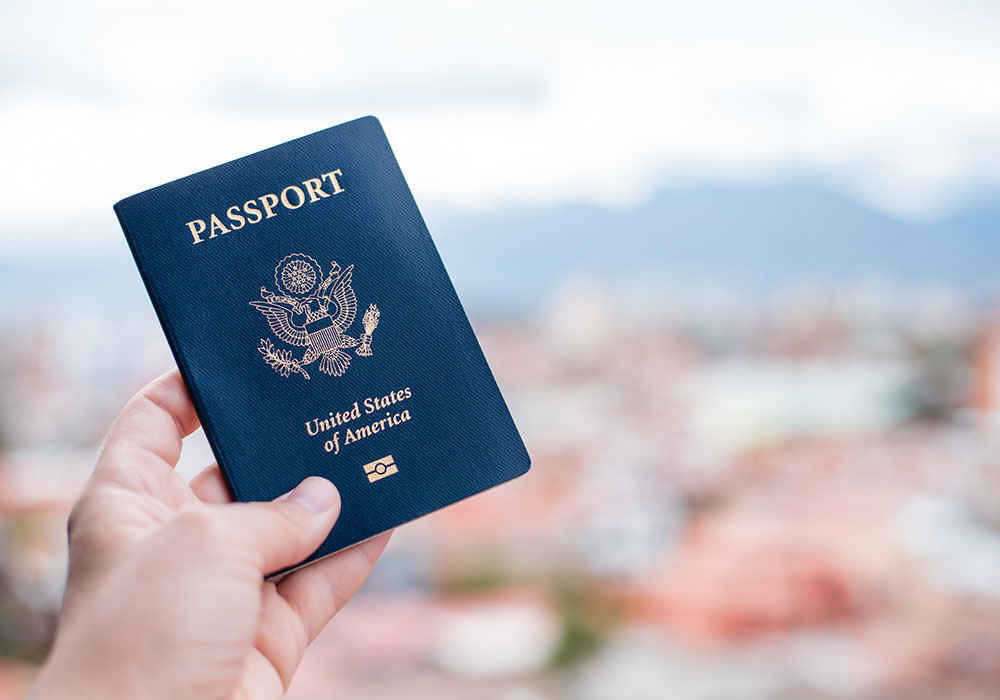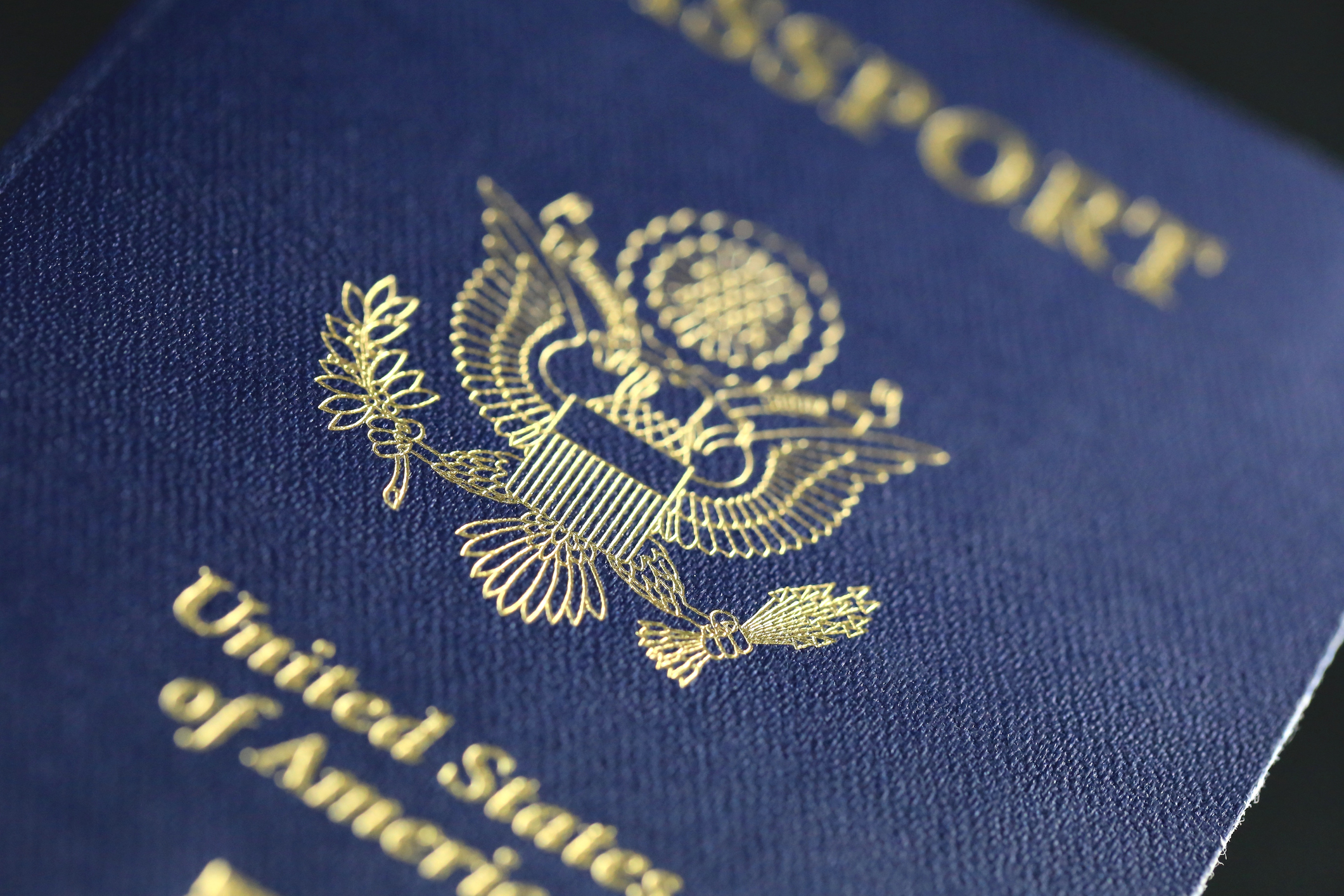The first gender neutral passports have been issued in the US
So why is the UK so far behind?


So why is the UK so far behind?
We've never been more aware of how important it is to approach the topic of gender sensitively. Finally, there's an increased understanding that gender is not a binary thing; the way people identify themselves can vary greatly, we don't all fit into neat boxes, and it's vital this is acknowledged in society.
In recent years, we've seen a rise in the number of people declaring their pronouns; a reminder that just because someone may present as typically male or female, it can be more complex than that.
We're still awaiting the results of the UK's 2021 census, which will provide a more accurate idea of how many people in the country identify as non-binary and/or trans. But according to charity Stonewall's best estimate currently, around 1% of the population might identify in this way, equating to approximately 600,000 people.
That provides some indication of exactly why it's so important that gender neutral passports are being issued in the US. The new documents, which are the first of their kind, allow people to identify with an "X" for their gender.

The option will come as a relief to many in the US who do not identify with the gender assigned to them on their birth certificate. Before the launch of this new, gender-neutral passport, anyone who wanted to mark their gender as different from the one on their birth certificate was required to attain medical certification.
The US President Joe Biden's special envoy, Jessica Stern, who was appointed to advance LGBT human rights around the world, said that the new option should prevent the "dehumanising harassment and mistreatment that so often happens at border crossings when a person's legal documentation does not correspond with their gender expression".
Celebrity news, beauty, fashion advice, and fascinating features, delivered straight to your inbox!
Over in the UK, a bill for something similar recently failed at passing through the Houses of Parliament, which is entirely discouraging. It would have required our Secretary of State to "make non-gender-specific passports available to non-gendered, non-binary and other people who do not identify as, or exclusively as, male or female."
The bill had its first reading in the House of Commons, but reportedly "failed to complete its passage through Parliament before the end of the session. This means the Bill will make no further progress."
Cat is a Senior Editor at Marie Claire, covering news and features across the brand's key purpose pillars, including women's issues, politics, career, mental health, female empowerment and equality, as well as books.
